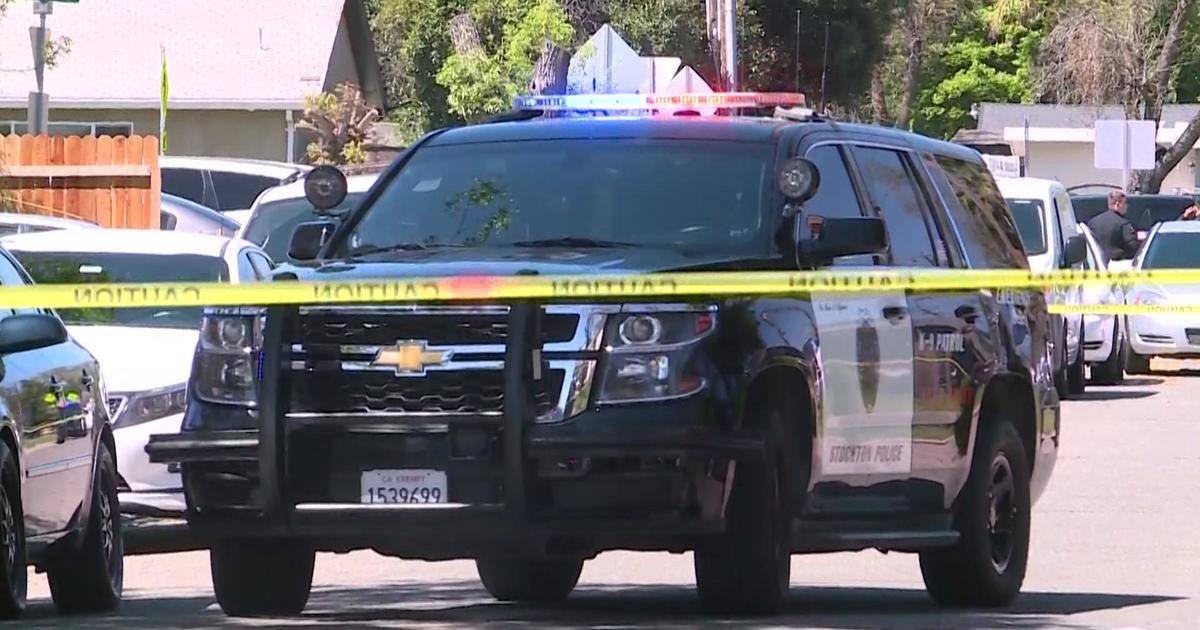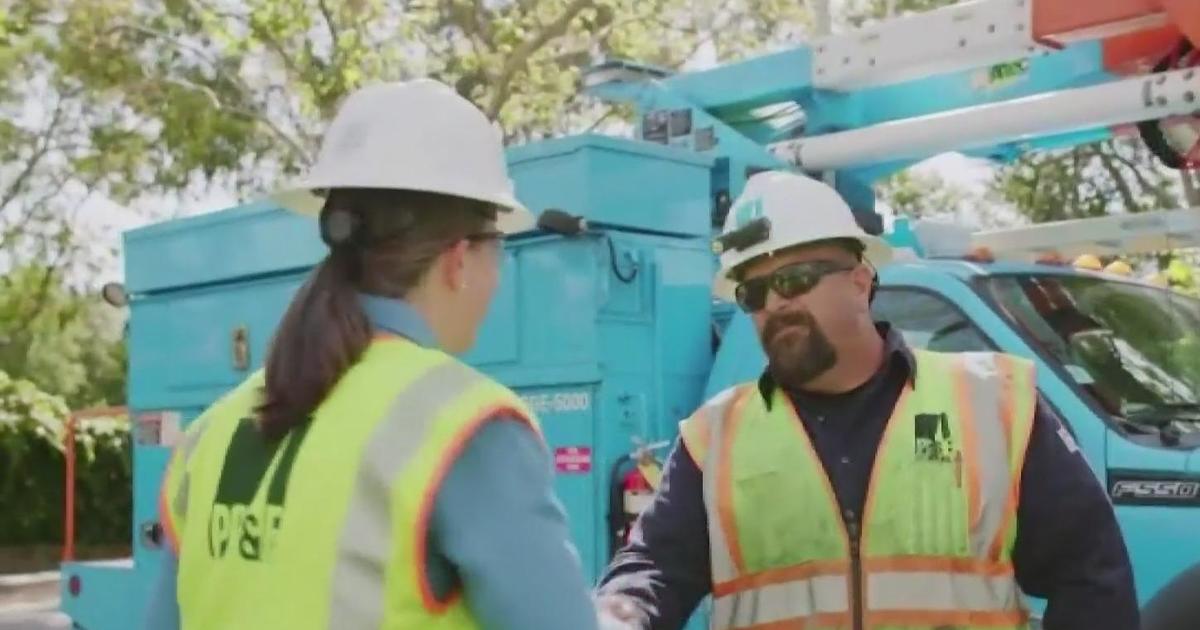Minute-By-Minute: A COVID-19 Vaccine Reaction
The state gave the all-clear Thursday to start using the batch of the Moderna COVID-19 vaccine that they pulled last week due to possible severe allergic reactions. They said the Western States Scientific Safety Review Workgroup found "no scientific basis" not to administer the rest of the shots.
While vaccine reactions are rare, they can happen, and that has some wondering what an allergic reaction may feel like.
Victoria, a Northern California health care worker, says she knows first hand and wanted to share her experience of an allergic reaction to the COVID-19 vaccine.
"I'm just grateful that I was in a hospital setting when I got the shot," Victoria said.
Amid reports of possible severe reactions to the Moderna COVID-19 vaccine, Victoria was recovering from a reaction of her own due to the Pfizer vaccine.
While rare, anaphylaxis (potentially life-threatening allergic reactions) are not unexpected. In fact, it's standard procedure to monitor people for 15 minutes after the shot.
Minute-By-Minute
But Victoria now worries 15 minutes may not be enough because her most severe symptoms didn't occur until more than 30 minutes later.
She says she got her shot around 1:30 p.m. and had an instant headache, "which I was expecting," she said.
Ten minutes later, she said her arm began to feel numb.
"So I called the nurse over and I was like, 'you know, something doesn't feel right.'"
She says that prompted the medical staff at Kaiser Roseville to monitor her for another 30 minutes -- a decision Victoria was grateful for.
About 20 minutes after her shot, "all of a sudden I had this really bad nasal drip. And then, within like 10 minutes after that, my tongue, the lateral borders, the outside on the sides, started feeling tingly."
At 30 minutes, her tongue began swelling and hospital staff administered an antihistamine.
Then, about 2.5 hours after the shot, she says she got severe stomach cramps.
"It was just like one thing, after the next, after the next," she said.
Other than a latex allergy, Victoria said she has no history of allergic reactions.
Kaiser Roseville kept her for observation until closing and then gave her the option to go to the ER or wait for symptoms to subside at home. She chose to recover at home and says the most severe symptoms subsided the next morning.
But her biggest concern is the 15-minute standard observation period. "It can take up to an hour for something severe to happen," she warned.
"It's like trial and error is what they basically told me, which is fine. But I don't want to be that error."
Are 15 Minutes Enough?
She points to the drive-through mass vaccination clinics. "What happens if that happens to somebody who just puts their arm out the window and they leave after 15 minutes?" she asked.
She notes, if she had received her shot and drove away after 15 minutes, there could have been a dire consequence.
While there is less data about the Moderna vaccine, the CDC reported 21 cases of anaphylaxis from the Pfizer vaccine during one week in December - about 1 out of 90,000 shots given.
According to CDC data, about a third of those reactions happened after the standard 15-minute observation period.
The Experts Weigh In
In light of the California Department of Public Health's (CDPH) decision to temporarily pull the Moderna vaccine after a series of reactions at a drive-through mass vaccination clinic, CBS13 hoped the agency would address Victoria's concerns and put the CDC data into perspective for our viewers.
However, after five requests over several days, CDPH declined an interview -- just as they have declined every interview request for years.
The state's public health experts would only provide this written response:
"While vaccine safety monitoring is coordinated nationwide by CDC and FDA, CDPH also receives reports of adverse events from local health departments or other sources. CDPH has not received additional reports of events separate from the incident noted over the weekend with the Moderna lot under review."
So, we turned to the experts at UC Davis Health to provide more useful information. In light of stories like (Victoria's), is 15 minutes enough? We asked UC Davis Health's Dr. Lena Van Der List.
"I would say 15 minutes is enough for the vast majority of people," she said. "It sounds like (Victoria) did start to have some symptoms that prompted her to stay."
Dr. Van Der List says most people will have mild symptoms like arm soreness, headache, or fatigue. Anything more severe should prompt a longer observation, as it did in Victoria's case.
Kaiser Roseville referred Victoria to an allergist before considering her next dose.
In a statement, the health system said:
"Severe reactions related to the COVID-19 vaccines have been rare to date, and the safety procedures that we have in place have worked to protect our patients against any serious health effects. In most cases, all that is typically needed to reverse an allergic reaction is over-the-counter antihistamine, accompanied by monitoring until symptoms subside."
When the state initially pulled the Moderna vaccine, the California Department of Public Health said, "the expected rate of anaphylaxis is approximately 1 in 100,000."
According to the current numbers on the CDC's COVID Data Tracker, more than 1 out of every 100 people who tested positive for COVID-19 have died from the disease itself.



